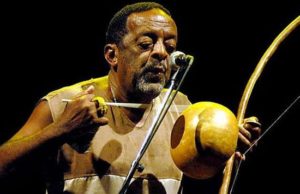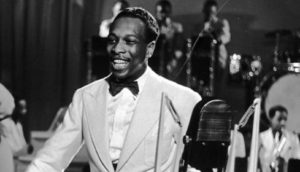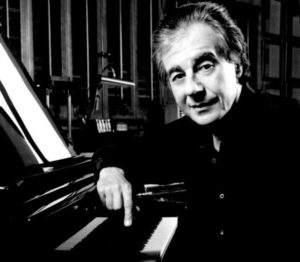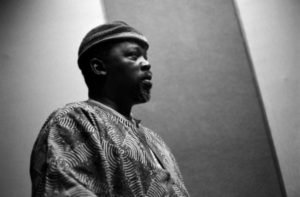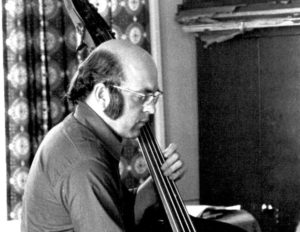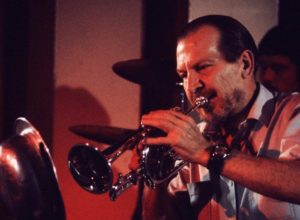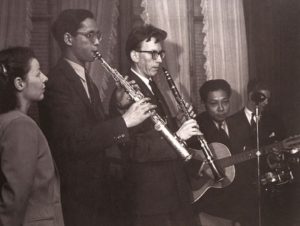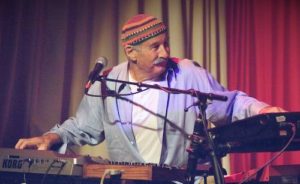Gato Barbieri
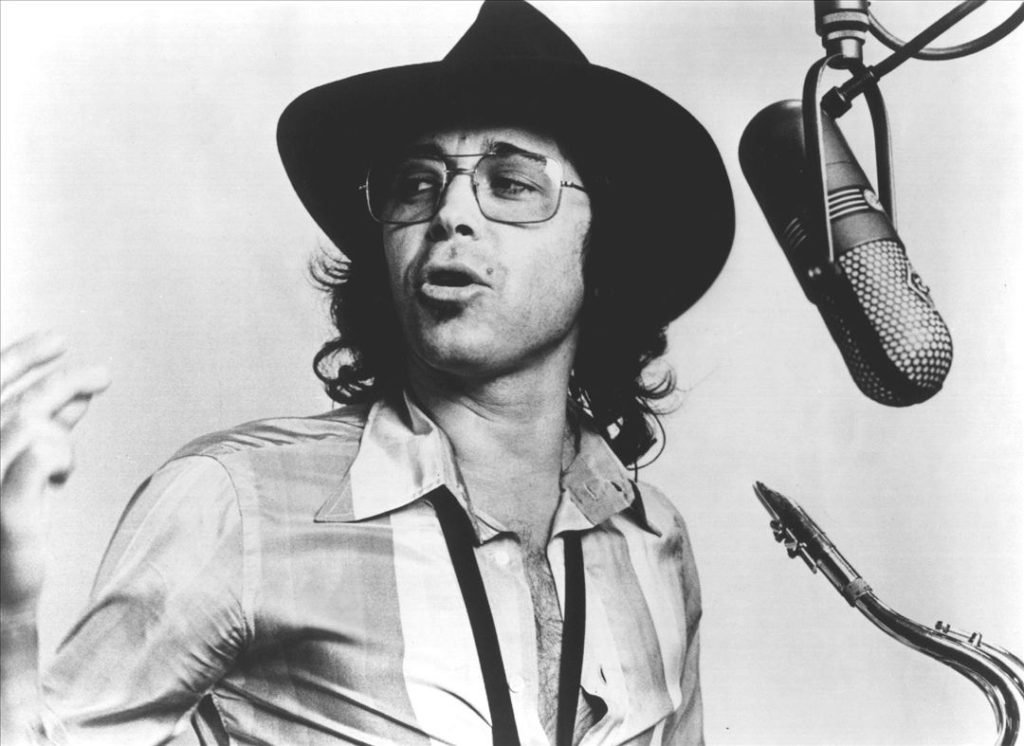
Leandro ‘Gato’ Barbieri (1932-2016) was born in Rosario, Argentina, into a musical family. His uncle was a saxophonist, his brother played trumpet, while Leandro learned clarinet from the age of 12. The family moved to Buenos Aires in 1945. Barbieri’s first inspiration was Charlie Parker, and he soon switched to alto saxophone, playing bebop in a family band. He took up the tenor after hearing John Coltrane, and began to develop the powerful tone for which he would become renowned. Barbieri sought work in Uruguay, before joining Lalo Schifrin‘s big band on alto.
After a spell leading his own bands and working with visiting American artists, he moved to Rome with his Italian-born wife in 1962. He worked with Don Cherry from 1963 to 1966, touring Europe, and becoming fluent as an avant garde improvisor. With Cherry, Barbieri made his first trip to USA, recording two studio albums Complete Communion and Symphony for Improvisors. He recorded his debut album as a leader in 1967 (In Search Of The Mystery), worked with Dollar Brand in 1968, with Michael Mantler’s Jazz Composer’s Orchestra (1968) alongside a cast of thousands,
with Charlie Haden’s Liberation Music Orchestra (1969), and on Carla Bley’s free jazz opera Escalator Over The Hill (1971). From 1969 Barbieri had begun a productive relationship with Bob Thiele’s label, Flying Dutchman. In five albums, featuring musicians of the calibre of Roswell Rudd, Lonnie Liston Smith, Charlie Haden, Ron Carter, Naná Vasconcelos, John Abercrombie, Stanley Clarke, Roy Haynes and Airto Moreira, Barbieri established himself as one of the most distinctive saxophonists of the early 1970s, combining freeness with latin rhythms, all with his impassioned sound.
In 1972, he composed the music for Bernardo Bertolucci’s ‘Last Tango In Paris’ starring Marlon Brando. The saxophone score, arranged by Oliver Nelson, earned Barbieri a Grammy Award, a record deal with Impulse!, and considerably more fame, including becoming the inspiration for the Muppet’s saxophonist Zoot. With Impulse!, Barbieri created another series of strong albums, this time focussing much more keenly on folk and traditional sounds and themes from South America. Released in four ‘chapters’, they are among the saxophonist’s finest work.
From 1976, signed by Herb Alpert’s A&M Records, Barbieri began to record more in soul and smooth jazz settings, though the earlier albums (Caliente and Ruby, Ruby) with musicians like Randy Brecker, Bernard Purdie, Steve Gadd and Lee Ritenour involved, they still feature some fine instrumental performances. Barbieri continued to compose film scores, though sadly for forgettable films. He slowed down somewhat from the mid-1980s, releasing albums sporadically. He had a monthly residency at the Blue Note in New York until shortly before his death from pneumonia.
Key Recordings:
With Don Cherry
Fénix (Flying Dutchman 1971)
Last Tango In Paris (United Artists 1972)
Chapter One: Latin America (Impulse! 1973)
